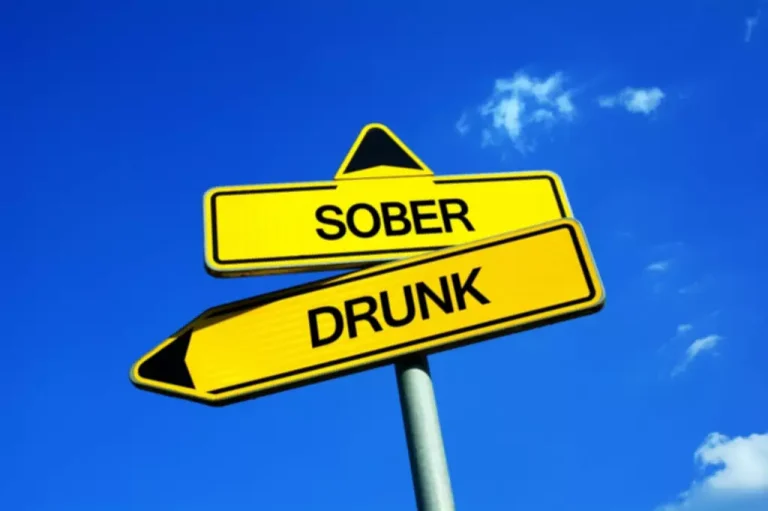
However, when you spend time alone, you learn about yourself. A great deal of healing can occur if you spend time in the quiet instead of constantly filling your void with noise. If you do not get therapy or other professional services to deal with trauma, you have a higher chance of relapse. Furthermore, there isn’t a one-hour limit to recovery in your daily routine. However, it would help if you spent at least an hour focusing on what healing is for you. These strategies have proven to be successful in my sober living.
- To learn more about how sleep is impacted by alcohol and sobriety, be sure to check out this episode of the podcast.
- Sobriety anxiety is not just a psychological phenomenon; it has roots in brain chemistry.
- Explore the risks of drinking alcohol every day, from social effects to cognitive impairments.
How to Stay Sober in a Literal Pandemic
- However, they may want to avoid the level of commitment involved in reentering a formal treatment program.
- In truth, however, there are warning signs they can heed before they relapse.
- The study design used repeated measures analyses to test how study measures varied over time.
- One key aspect of sobriety anxiety is anhedonia, a term that describes the inability to feel pleasure from activities that were once enjoyable.
- However, relationships within the family may have been impacted by substance misuse and therefore, require mending.
Similarly, as we experience achievement, acknowledging small wins keeps us motivated. Some people journal their sobriety milestones, while others track them on their phone Substance abuse or a calendar. You may have celebrated milestones during your sobriety journey. Track your wins on a calendar or through a Sobriety app.
Treatment Service Areas
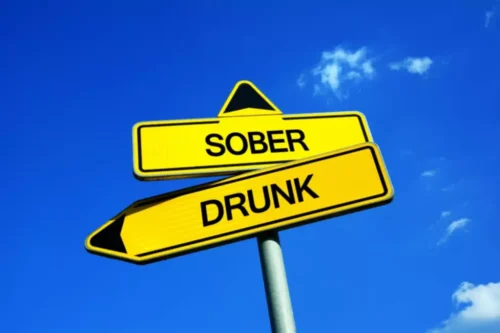
For alcohol use disorder, medications like naltrexone and acamprosate are evidence-based treatment options that may help patients reduce harmful drinking or achieve abstinence. Once you have got over the initial hurdles, life is far better without alcohol. Of course, staying sober is not always a bed of roses. You will encounter difficulties in life, no matter how long you have been sober for. Recovery is a lifelong process that will have challenging moments.
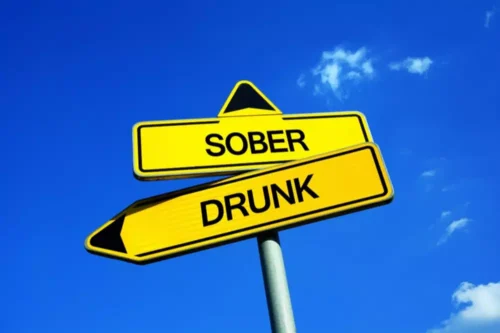
Sustained Recovery
Yes, many insurance plans cover addiction treatment, including detox, inpatient rehabilitation, outpatient programs, and therapy. Coverage varies depending on the provider and plan, but most offer at least partial support for substance use disorder treatments. It’s important to check with the insurance company to understand specific benefits, coverage limits, and any requirements for treatment approval. Developing a structured routine can help a person stick to their sobriety goals, make healthy decisions, and reduce the likelihood of triggers and relapse. Establishing a routine with regular sleep and support group attendance can reduce stress and help you stay sober. A person who is getting sober may be getting sober from one substance or all substances.
Set Achievable Goals
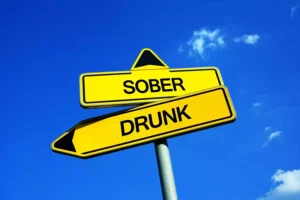
For instance, if the goal is to practice mindfulness for 30 minutes daily, tracking progress will involve how long one is able to practice it daily without any distractions. Sobriety is often a lifelong commitment that requires dedication, support, and continuous effort. While the path to sobriety can be challenging, it is also incredibly rewarding. This broader definition acknowledges that different people have different paths to recovery and that what works for one person may not work for another.
- Explore outpatient rehab in Kansas and find trusted centers for effective addiction recovery today.
- A great deal of healing can occur if you spend time in the quiet instead of constantly filling your void with noise.
- These emotional triggers can make it harder to resist the urge to relapse.
- Exposure therapy helps individuals build confidence in their ability to navigate challenging situations without relying on substances.
- Many people engage in substance use to numb the suffering and pain that comes with stress.
How to Avoid Relapse During the Holidays?
It involves treating yourself with the same kindness you’d offer a good friend. This approach can help you navigate the challenges of sobriety without falling into self-criticism or shame. In this episode of the podcast, I talk more about why you need a goal and share some personal goal stories. As you progress in your recovery, your aspirations may change. Create a vision board or written plan for your future. This visual representation of your goals can serve as a powerful motivator.
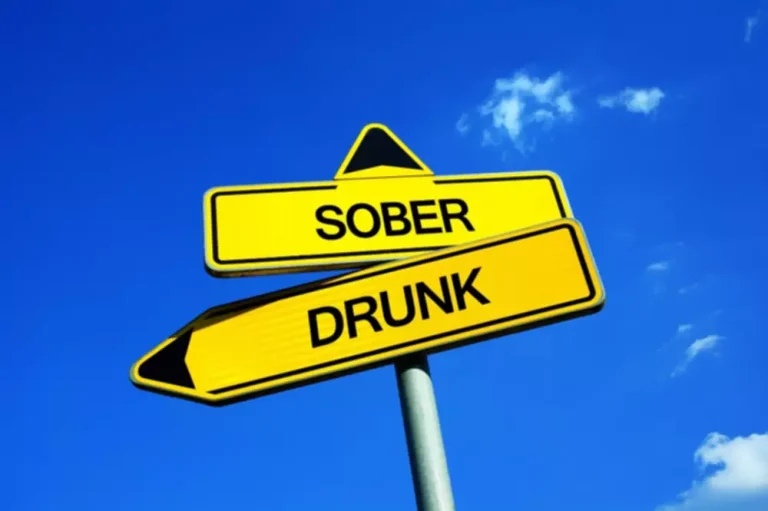
People in recovery from a substance use disorder frequently have problems meeting work-related responsibilities, maintaining employment, and managing money. If you were active in your addiction for a period of time, you may have developed financial problems. The more tools you have for identifying triggers, coping with stress, and managing your new sober life, the easier you’ll prevent relapse. Prison and jail overcrowding in the U.S. has reached a crisis point. Although the need for alcohol and drug treatment among this population is high, very few receive services tips to stay sober during or after their incarceration. Housing instability has contributed to high reincarceration rates in California, with up to two-thirds of parolees are reincarcerated within three years.
Relapse and Relapse Prevention
Second, you need to apply the steps for =https://ecosoberhouse.com/ getting out of debt to your financial circumstances. Third, you need to create a realistic budget and live within your means. Cut unnecessary expenses and prepare your food at home.

